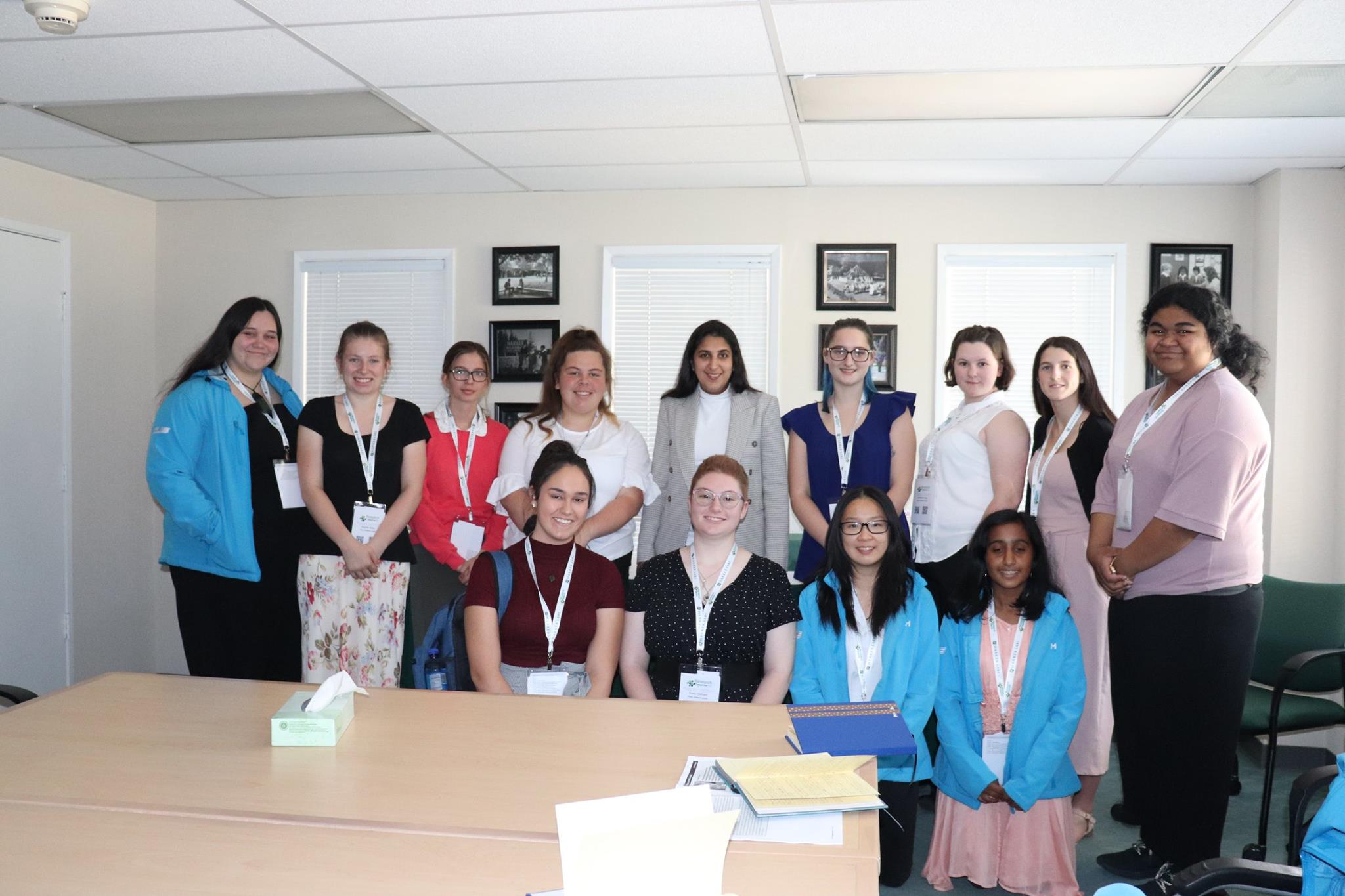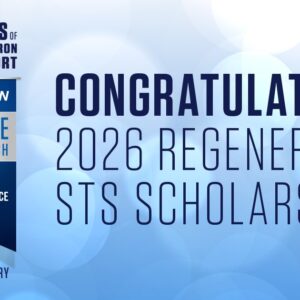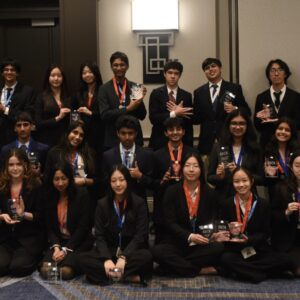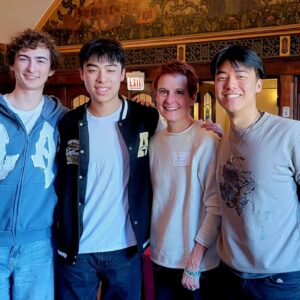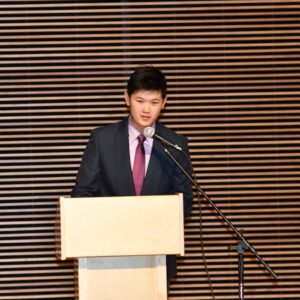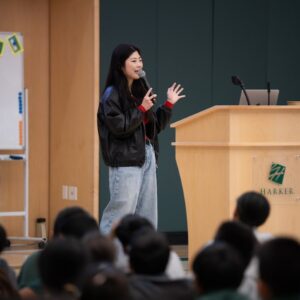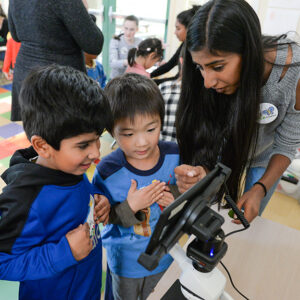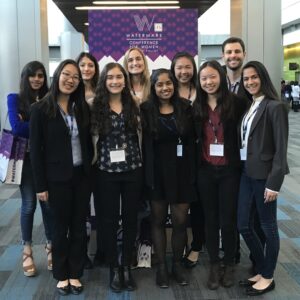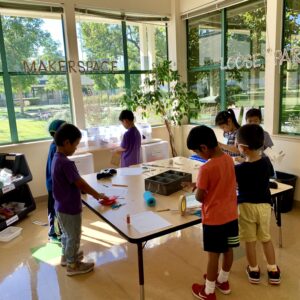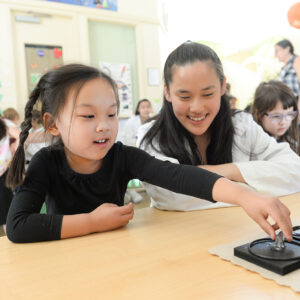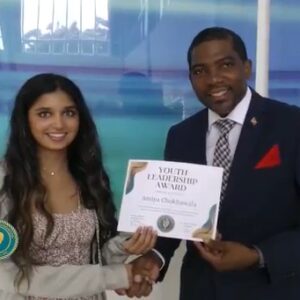In April, Harker received a visit from a group of high school girls from New Zealand in what is expected to be the start of a new collaboration to increase interest and participation in STEM among young women.
Laura Sessions, science and technology manager for the Hutt City Council in Wellington, New Zealand, organized the trip as part of the city’s Innovative Young Minds residential program, which promotes young women’s participation in STEM by holding workshops and visiting technology businesses and research institutes, among other activities. “The Innovative Young Minds program was developed as a week-long residential program for high school girls to encourage them into further studies and careers in science and technology,” Sessions said. “The Wellington program is designed to ignite their interest and excitement in the sector, but then we wanted to offer further experiences that would continue to engage students and expand their horizons.”
To this end, alumnae of the program were invited to tour the Bay Area in the spring and visit the campuses of various science and technology companies, as well as Stanford University and the California Academy of Sciences.
While preparing for the trip, Sessions reached out to Harker and was introduced to upper school science department chair Anita Chetty. Due to fortunate timing, the IYM students’ trip coincided with the 2019 Harker Research Symposium in April, and Chetty invited the group to attend the event, tour the campus and meet with one of the symposium’s keynote speakers, Surbhi Sarna ’03. “She was a very wonderful resource for these girls and a great inspiration to them,” Chetty said. While meeting with the students, Sarna discussed entrepreneurship, her experiences as a woman in technology, and the process of creating and getting patents for new technology.
“At the research symposium, I learnt through the keynote speakers and loved speaking personally to Surbhi Sarna about entrepreneurship as a woman in science,” said IYM visitor Sophie Miller of Samuel Marsden College. “I found the advice to ‘not be an entrepreneur for the sake of being an entrepreneur’ very useful. I also loved learning about permafrost thawing and the affect it has on the environment from Dr. Max Holmes. I really had no idea that the thawing of permafrost played such a massive role in releasing carbon.”
Sessions’ discussions with Harker faculty also helped secure visits to Microsoft and Nvidia, and the students also were invited to visit the upper school campus and shadow Harker students for a day to learn about their daily lives at Harker. “My impression of the Harker’s students and faculty was very positive,” Miller said. “I found that they were very interactive and eager to learn about our New Zealand culture and also share about their own cultures. Everyone was very friendly, studious and interested in why we were in Silicon Valley. I got the impression that most of the students and faculty had high ambitions and were constantly aiming for the highest.”
Students also enjoyed touring Harker’s facilities and seeing its various amenities, including the anatomy table, which Sessions called “a hit” with the guests. “Many of our students are from small, rural schools and they do not have any advanced lab equipment,” Sessions said. “One student even went away determined to find funding to buy a centrifuge for her school!”
Chetty is hoping to have representatives from Harker’s WiSTEM organization visit New Zealand in the summer of 2020, culminating in a conference that would include a panel on climate change. “I really want to have a climate change panel and invite some dignitaries to be on the panel … so that our girls can experience what the people who live and work and research there are saying about what’s happening in their part of the world,” she said.
